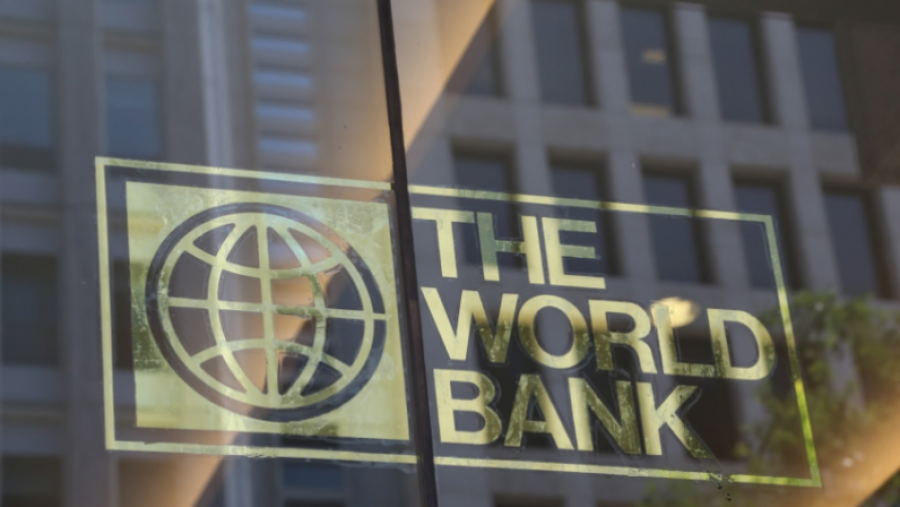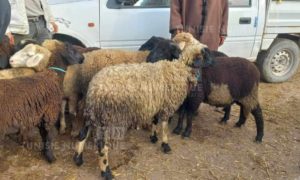The Board of Directors of the World Bank approved, Wednesday, June 28, 2022, a loan of 130 million dollars for Tunisia. This loan is planned to mitigate the repercussions of the battle in Ukraine on the food situation. It will fund soft wheat imports which are crucial for the country and deliver emergency support to cover barley imports for dairy production and the seed requirements of smallholder farmers for the next cereal campaign.
It will likewise make it possible to lay the foundations for reforms sought at curing the weaknesses and distortions impacting the cereal sector, by concentrating in particular on revamping the food security policy to improve its effect on nutrition and food diversification; strengthen Tunisia’s resilience to future food crises and supply technical assistance to modernize the Cereals Office and the country’s food subsidy system.
It should be mentioned that this project is part of a coordinated emergency intervention program carried out in partnership with several donors (European Bank for Reconstruction and Development, European Investment Bank and European Union) and whose aim is to help in the short term the import of wheat to secure access to bread for poor populations, barley for livestock farming, and agricultural inputs for national cereal production.
Together with parallel financing from other donors, the project seeks to avoid disruptions in the supply of bread during the third quarter of 2022 by financing urgent purchases of soft wheat equal to a month and a half of consumption. The funding will again help Tunisia procure some 75,000 tonnes of fodder barley to cover the essentials of small dairy producers for about a month, as well as 40,000 tonnes of quality wheat seeds to assure the next sowing campaign, which will begin in October.
The project was designed taking into account the exceptional nature of the current crisis and its effect on Tunisia, with short-term emergency measures sought at protecting poor and vulnerable populations. The abrupt deadlock in grain exports from Ukraine and the export deficit from the Russian Federation and the Black Sea region due to the ongoing war have significant implications for food and nutrition security in the world. Tunisia is especially vulnerable to these disturbances: in 2021, the country carried out 60% of its soft wheat imports and 66% of its barley imports with the Russian Federation and Ukraine.
In the long term, the project is anticipated to decrease dependence on imports by encouraging a sustainable increase in national cereal production, establishing more efficient and sustainable agricultural and food policies, and strengthening food security while shielding the most vulnerable households.
What's happening in Tunisia?
Subscribe to our Youtube channel for updates.















































